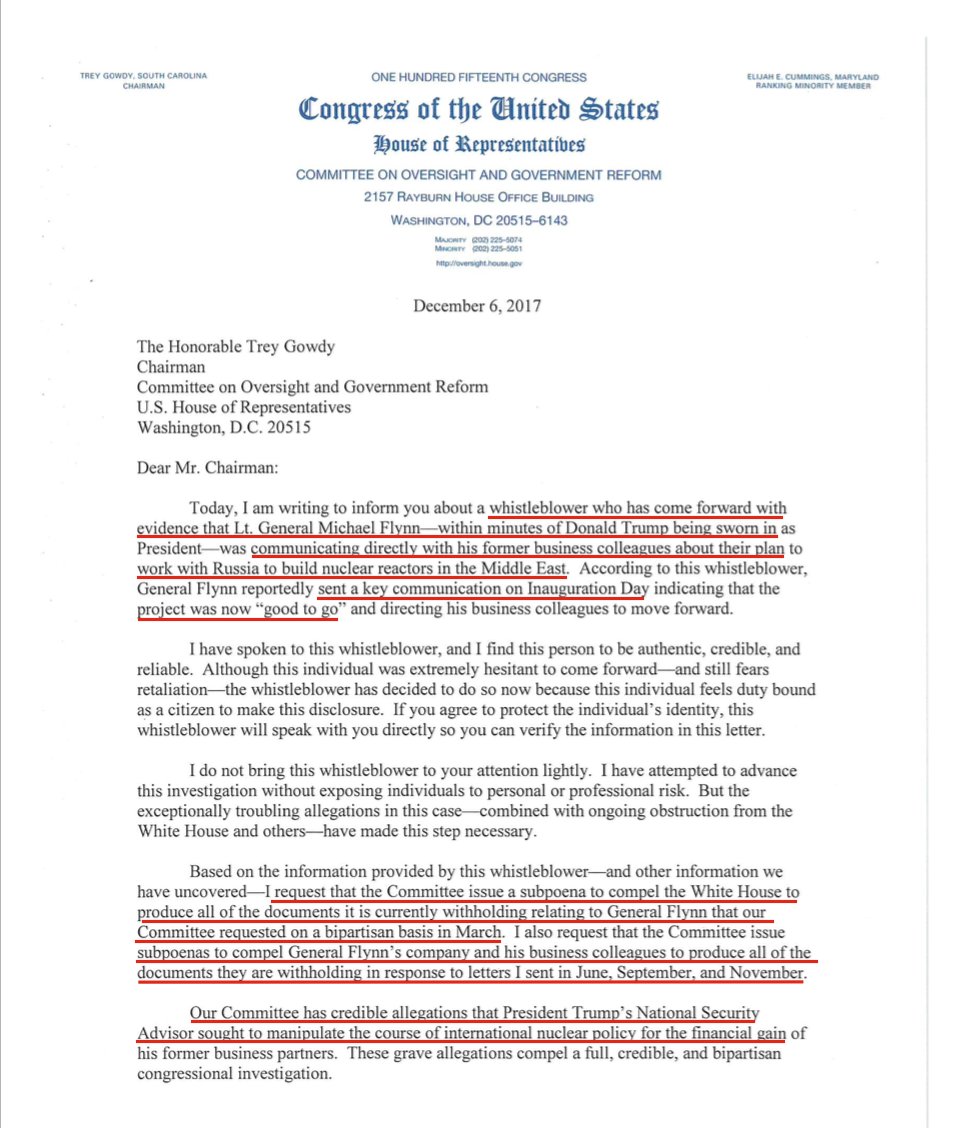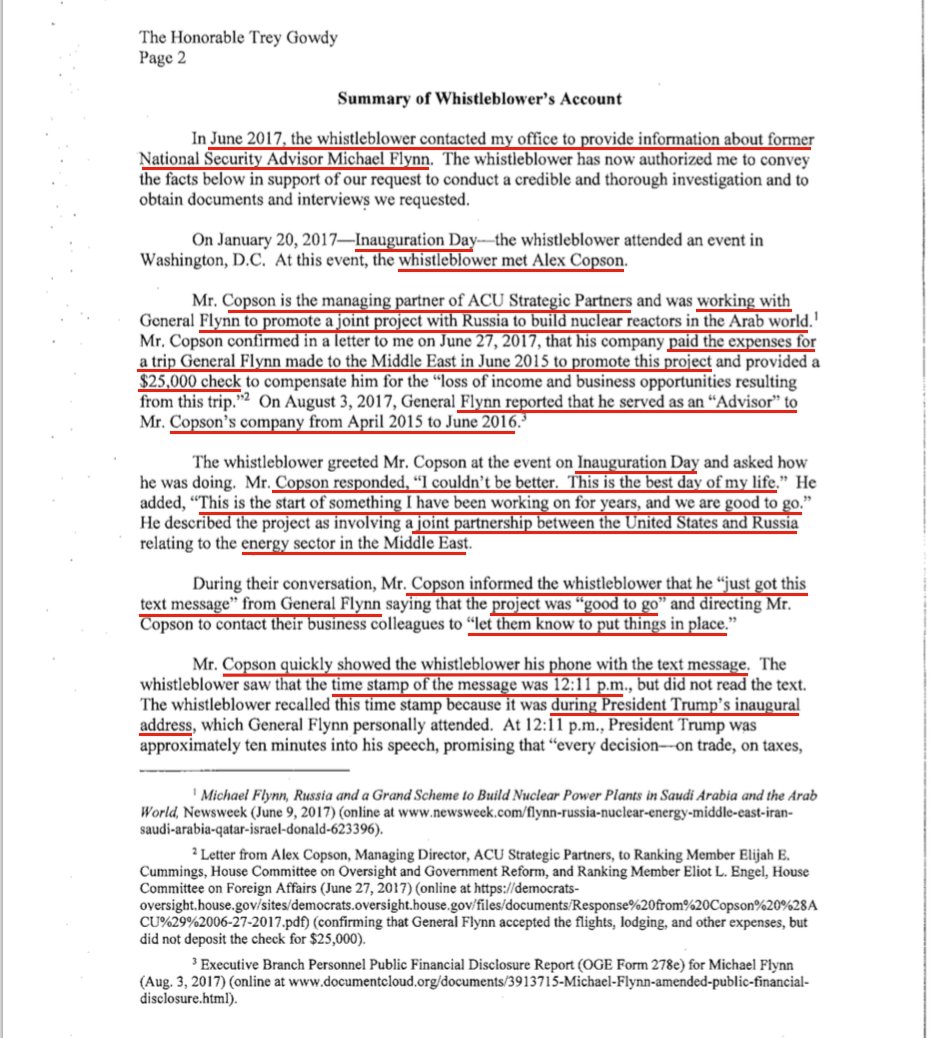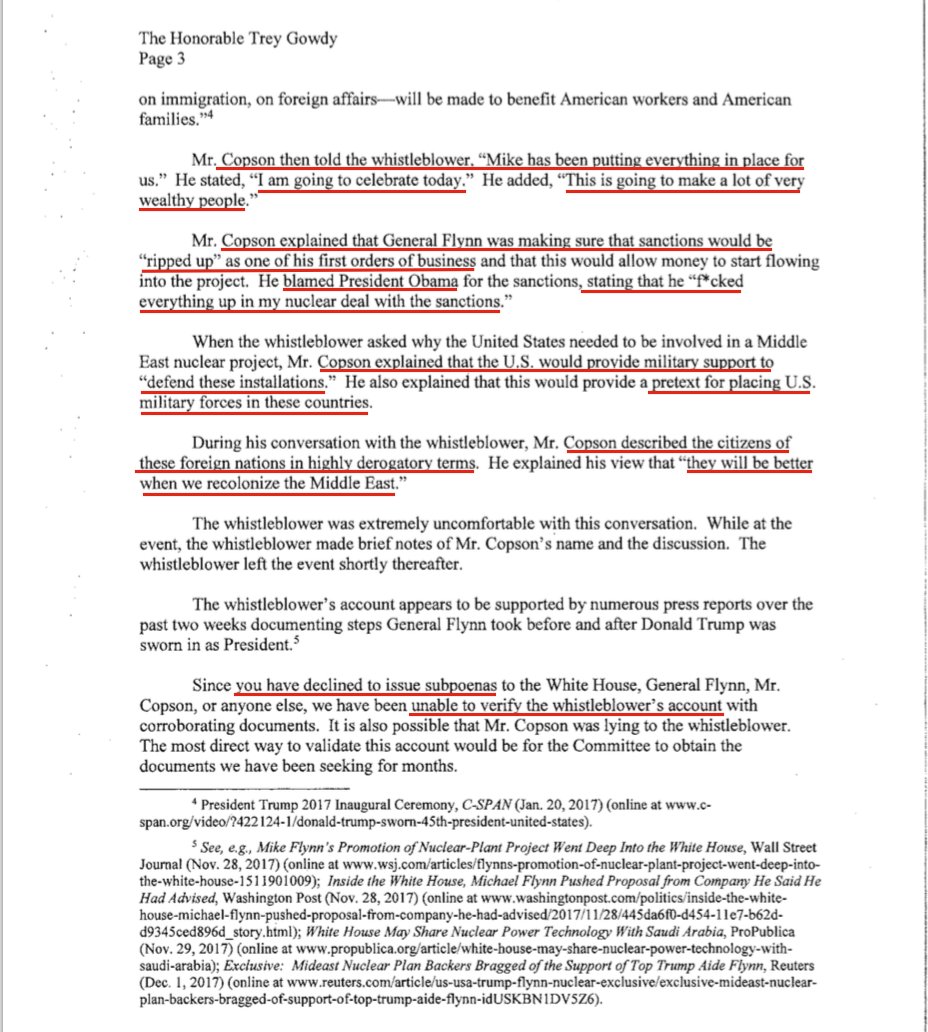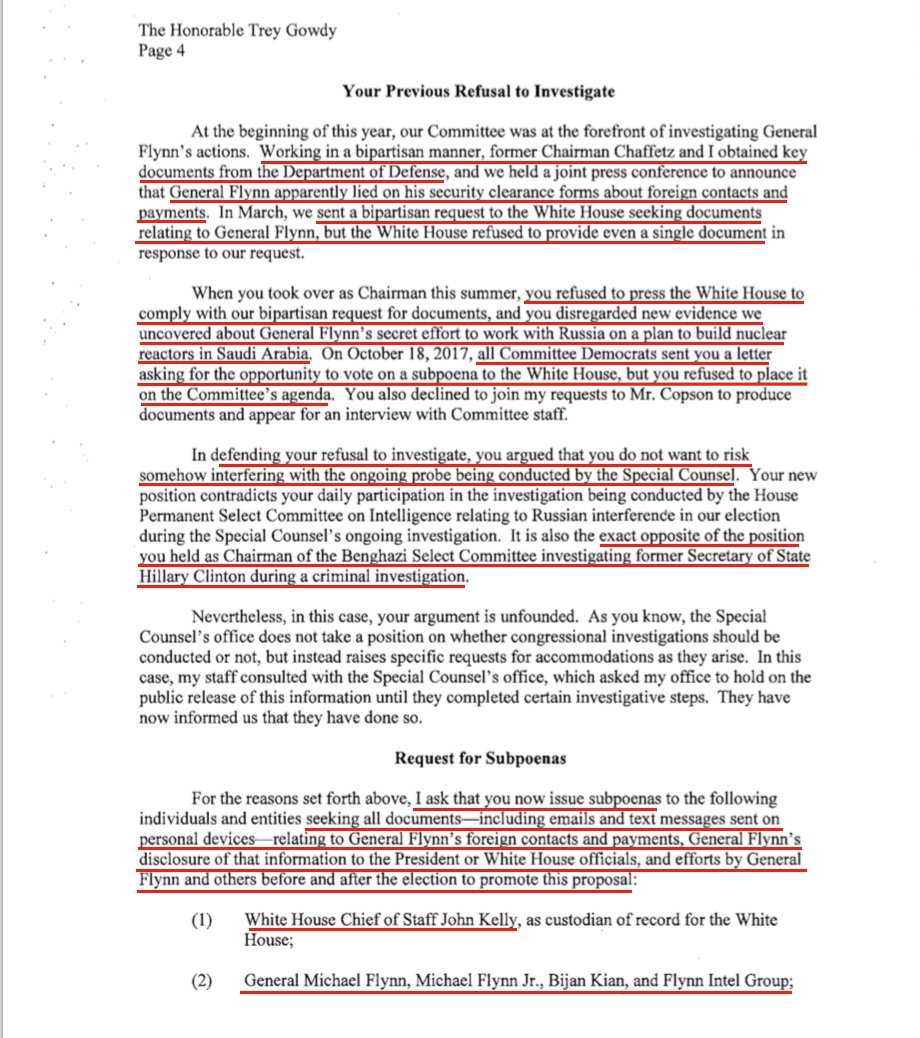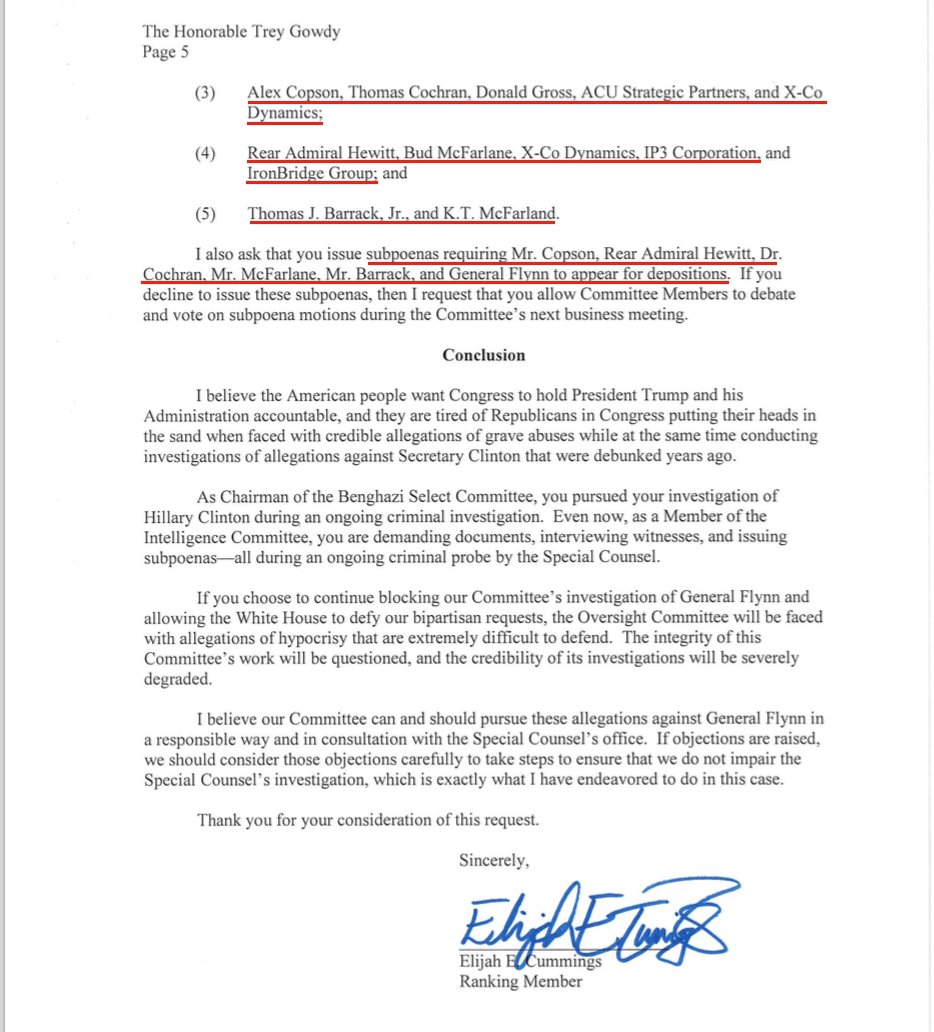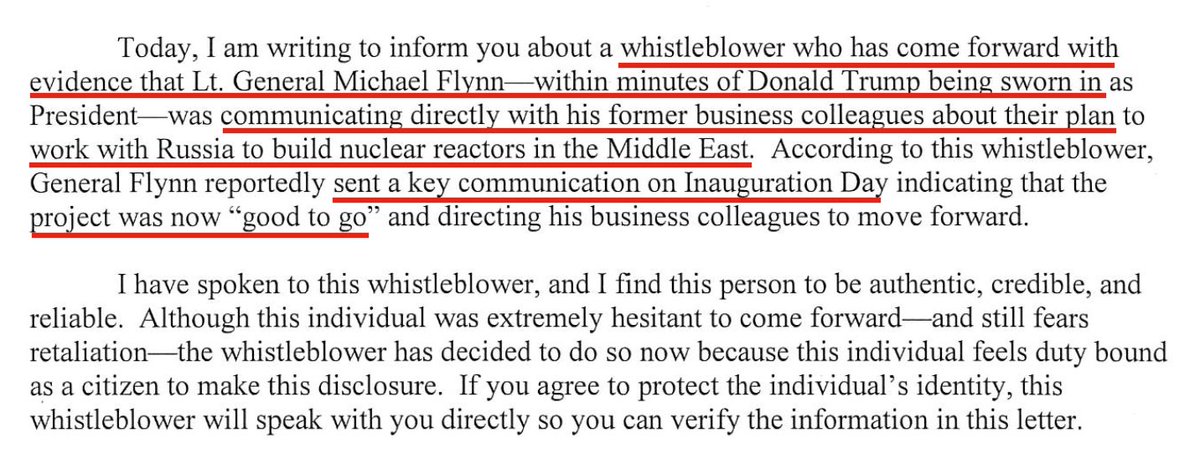While sanctions are a common tool of coercion, there is a time when sanctions are surprisingly NOT used: against a war opponent 🤔
[THREAD]
gao.gov/products/GAO-2…
This point was made by Katherine Barbieri and Jack Levy in....
journals.sagepub.com/doi/abs/10.117…

She does so by building on the idea of "Security Externalities".
``in the middle of a battle almost nothing is a good substitute for ammunition''
There are two components: (1) "importance of the export to national revenue", and (2) "Time of Conversion" (i.e. time it takes to convert a particular product to a gun)
I can show those in a later thread. Alternatively, if you are hiring, you can bring her in for a talk & see them right away! 😉
This has big implications for not only how we think about sanctions, but also how we think about trade as a driver (or not) of peace!
[END]










